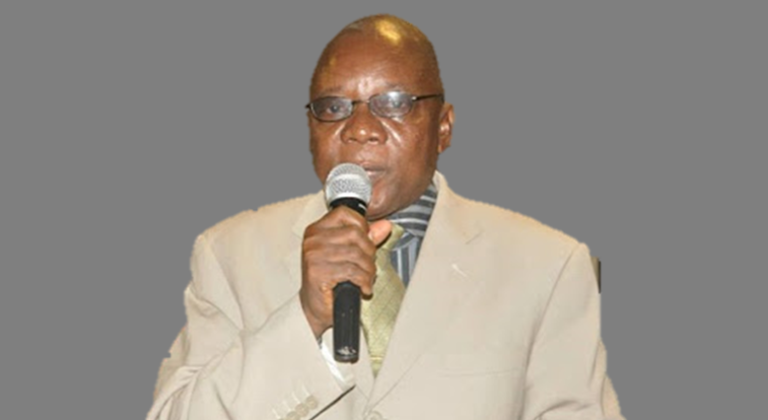By E. J. Nathaniel Daygbor
Grand Gedeh County is being overwhelmed with the advent of thousands of aliens trooping into the County, most of them illegals. The citizens of the County have raised their voices against more than 9,000 Burkinabe from neighboring la Cote d’Ivoire who have settled in various towns and villages in Grand Gedeh bordering la Cote d’Ivoire.
But it is not only the ordinary citizens who are raising issues with the Burkinabe presence. Senator Marshall Dennis has added his voice to the influx of illegal migrants who are gradually taking over bordering towns of the county with Ivory Coast on a daily basis. Dennis says the illegal migrants believed to be Burkinabe are over 9,000.
Speaking at a press conference Wednesday, August 26th at his Capital Building office, Sen. Dennis alarmed that the reported illegal migrants are engaging in cocoa farming and illegal mining of mineral, including gold and diamonds thereby defrauding the government of Liberia of hundreds of thousands revenue intakes.
According the Grand Gedeh County lawmaker, the presence of the Burkinabe, has posed serious national security threats both to the county and the country at large.
“The presence of these migrants in our territory is a serious national security. In some of the towns and villages they are hoisting their national flag instead of our national flag. This is very scaring,” Sen. Dennis noted, and adding, “You don’t see the presence of the government in those towns. The police and other security institutions operating here is totally absent.”
He noted that the illegal migrants occupying of the bordering towns of the county during the early years of former President Ellen Johnson Sirleaf led administration but the administration did little in handling the matter.
According to Sen. Dennis, over the period of time there had been series of confrontation between the ‘illegal migrants’ and some Grand Gedeans.
A recent report by the United Nations panel of experts in Liberia highlighted the ongoing insecurity in the border area between Liberia and Côte d’Ivoire, and the risk of an upsurge in violence there as the Ebola epidemic abates and campaigning for this year’s Ivorian presidential elections intensifies.
During the Ivorian crisis few years – 2003 to 2015, about 40,000 refugees lived in camps and communities along the border with Côte d’Ivoire, which they fled during the political crisis of 2010. The vast majority are from the Guere (Krahn) ethnic group that inhabited the forests of western Côte d’Ivoire for centuries.
Initially these refugees were housed in three camps set up by the UN High Commission for Refugees – PTP, Duogee and Solo – in Grand Gedeh County, not far from the border, but they later moved in deep in Grand Gedeh County.

